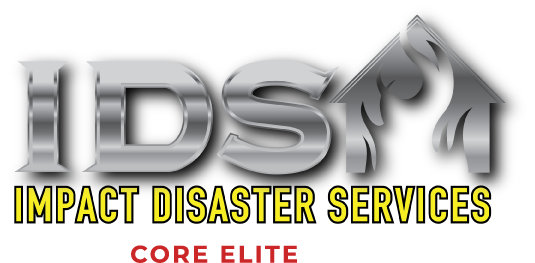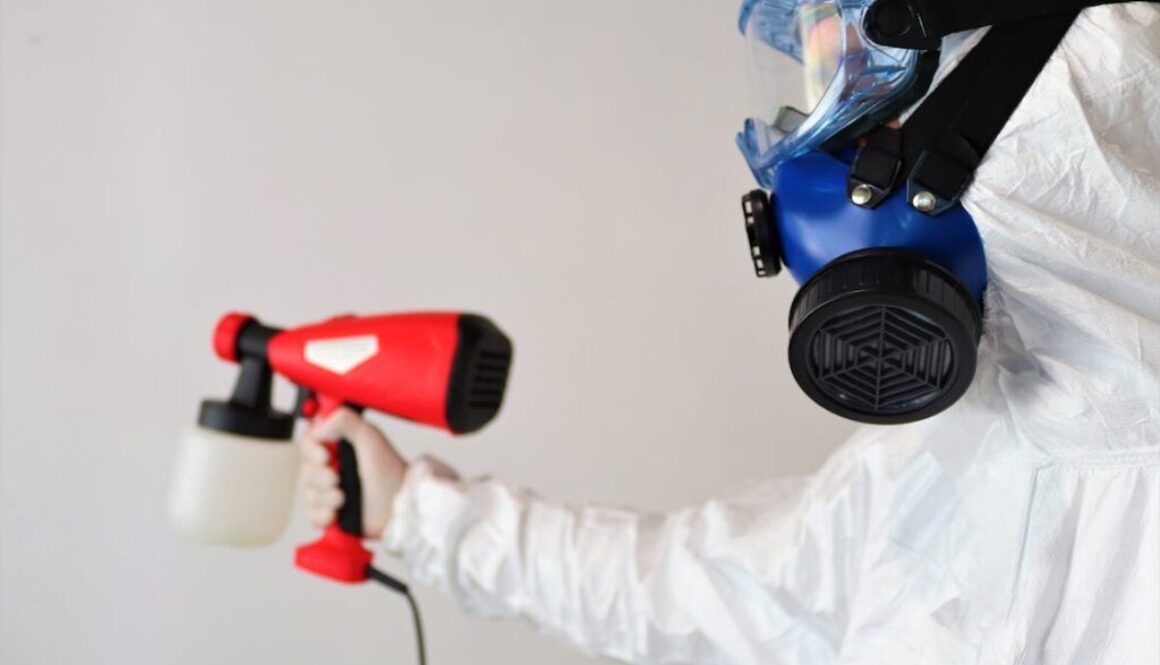What Causes Mold in Pennsylvania Homes?
Mold is a tiny living thing that can grow in our homes. In Pennsylvania, many houses sometimes face mold problems. You might wonder, “Why does this happen?” or “What can we do about it?” This blog will help you understand mold better and the reasons why it appears in Pennsylvania homes.
Understanding Mold
Mold is a type of fungus. Think of mushrooms you might see in a garden or forest; they are also a kind of fungus. But mold is much smaller and can be tough to see unless it grows in big patches.
There are lots and lots of different mold types. Some can be seen in bright colors like green, black, or white, and they might look fuzzy. They grow in places that are wet and do not get much light.
Mold loves moisture! This means they like to grow in wet places. When there’s a lot of water or dampness, mold can start to grow. This can be from rain, leaks, or even just high humidity.
The tiny particles mold releases into the air are called spores. These spores move around in the air and find new wet spots to grow. That’s how mold spreads.
Causes of Mold in Pennsylvania Homes
Pennsylvania is a beautiful state with hills, forests, and many seasons. Because of the way the weather changes mold can sometimes grow.
Here are some reasons why:
- Rain and Snow: Pennsylvania gets its fair share of rain and snow. If a house has tiny openings or leaks, water can get inside. This creates a perfect place for mold to grow.
- High Humidity: Sometimes, the air in Pennsylvania can get very damp and heavy. This is called high humidity. When the air inside a house is too damp, mold can start to appear.
- Poor Ventilation: If a house doesn’t have enough windows or vents, the moist air can get trapped inside. This makes it easy for mold to grow.
- Basements and Attics: These are parts of the house that often don’t get much light or fresh air. If they get wet, they can be a great home for mold.
- Flooding: Sometimes rivers or streams can overflow, or there can be a lot of rain. When water gets into a home, it can make things very wet. If it’s not dried quickly, mold can grow.
In Pennsylvania, mold in homes can happen because of a mix of these reasons. It’s essential to keep our houses dry and have good air flowing to prevent mold.
Health Risks
Mold might seem like just a small nuisance, but it can have real impacts on our health. When mold takes root and grows, it releases tiny spores into the air. Breathing in these spores can lead to various health issues, especially for those with allergies or asthma. Common reactions include sneezing, itchy eyes, skin rashes, and for some, even asthma attacks.
Those with conditions affecting the lungs, like bronchitis, might experience heightened breathing problems when exposed to mold. And if you find yourself frequently coughing, dealing with a sore throat, or feeling congested, mold exposure could be the culprit. It’s essential to note that mold doesn’t affect everyone the same way. However, for those who are sensitive, it’s crucial to ensure our Pennsylvania homes remain mold-free.
How to Prevent Mold Growth in Pennsylvania Homes
Ensuring that mold doesn’t become a household guest involves several steps. Firstly, strive to keep your home dry since mold thrives in damp conditions. If you’ve just taken a hot shower or cooked a steamy meal, consider using fans or opening windows to dispel the humidity. Any leaks, whether from the roof or pipes, should be promptly addressed. Water accumulation is a mold’s best friend, so never let it sit around.
For homes in especially damp regions or with basements, investing in a dehumidifier can be a game-changer. This machine works to reduce excessive moisture in the air. Encouraging good airflow is another crucial step.
Sometimes, merely rearranging furniture can help improve air circulation in a room. Regular cleaning routines, such as dusting and vacuuming, can also curtail mold growth, as mold can sometimes settle in unnoticed dirt or dust.
And finally, make it a habit to inspect your home periodically. Especially in hidden areas like basements and attics, a quick check can reveal early signs of mold or moisture problems.
By taking these measures, homeowners in Pennsylvania can reduce the likelihood of mold becoming an unwelcome tenant.
When to Seek Professional Help for Mold
Handling small mold problems on your own can often be a straightforward process, but there are moments when the challenge grows, necessitating expert intervention. So, what signs should prompt you to contact professionals?
One significant indicator is if a moldy area, despite your cleaning efforts, repeatedly returns. This persistence often signals a deeper, underlying problem that might require specialized attention.
Another red flag is discovering vast expanses of mold, particularly if they’re larger than a standard sheet of paper. Such extensive growth is not only difficult to manage but can also present health risks.
The intricacies of home systems can further complicate matters. For instance, if you believe mold is proliferating within your heating, ventilation, or air conditioning units, then it’s time to seek out professionals. These experts are equipped with the specialized tools and expertise required to address mold within these systems properly.
Lastly, the health of your household members is paramount. Should anyone begin to exhibit symptoms like constant coughing, sneezing, or other respiratory challenges that you suspect stem from mold exposure, it’s imperative to consult a professional swiftly.
Let Us Help With Your Mold Removal
Mold can be a tricky opponent, but you don’t have to face it alone. Whether it’s a small patch in the corner of a room or a significant infestation throughout the house, professional mold removers are equipped with the right tools, knowledge, and experience to handle the problem effectively.
When choosing a mold removal company in Pennsylvania, consider the following:
- Experience: Look for companies with a proven track record of successfully handling mold issues.
- References: Ask for references or read reviews to see what past clients have said about their services.
- Certifications: Ensure the company and its workers have the necessary certifications to handle mold removal safely and effectively.
Remember, mold doesn’t just impact the look and feel of your home. It can also pose serious health risks. So, when mold becomes a concern, ensure you’re taking the right steps to address the issue promptly and effectively.

